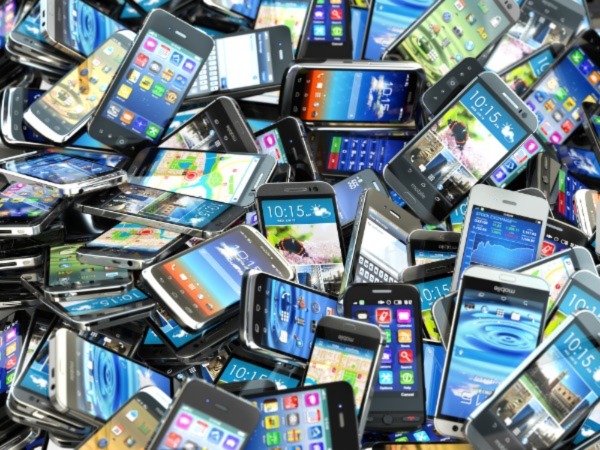
New iPhones were announced last week and more of the latest cell phone models and electronic devices will arrive this fall. Are you planning to upgrade?
Cell phones, computers, DVRs, DVD players, game consoles, TVs, iPads and tablets, and e-readers — how many of these electronic devices do you have at your house? Chances are, your family has several. According to a recent Deloitte study, the average American family has about 25 connected devices at home. But how many of those are outdated?
When you replace an electronic device, you have a decision to make. What will you do with the old device? Here are some suggestions:
- Keep your electronics in use for as long as possible. The longer you use the electronics, the more “mileage” you get from the resources and energy required to make the devices. There are some very easy ways to keep electronics working longer. Remove dust from fans and air vents, which are usually found on the back of equipment. Let air circulate freely around electronics so they don’t overheat. Follow the manufacturer’s instructions for recharging the batteries.
- Don’t store equipment that you no longer need or use. If you won’t be using the device again, don’t throw it into a drawer or shove it into the back of a closet and forget about it. Even if you’re done with them, electronics could be useful for someone else, especially if the device is less than five years old.
- Donate or sell working devices that are less than five years old. Used cell phones, computers, TVs, and accessories might be just what a new owner needs. Be sure to completely remove all your personal data before donating or selling your equipment.
- Recycle unusable electronic devices or those that you cannot give away. Nationwide, more than 6.92 million tons of electronics are discarded each year, and less than 20% of that is recycled. In many states, electronics are banned from landfills because they can cause pollution to water, air, and soil.
So, when your electronic devices become electronic waste, or e-waste, don’t put them into the trash. Instead, recycle them. Check for a local e-waste collection site or event in your community. Most devices are accepted at no charge, but fees may apply for others, such as TVs.
Recycling electronics ensures that hazardous materials, such as lead and mercury, are safely managed. It also conserves resources, recaptures useful metals, reduces pollution, saves energy, and helps create jobs.
For more, read Don’t Trash Old Electronics. Reuse or Recycle Instead.
Credit: Bet_Noire | iStock | Getty Images Plus
